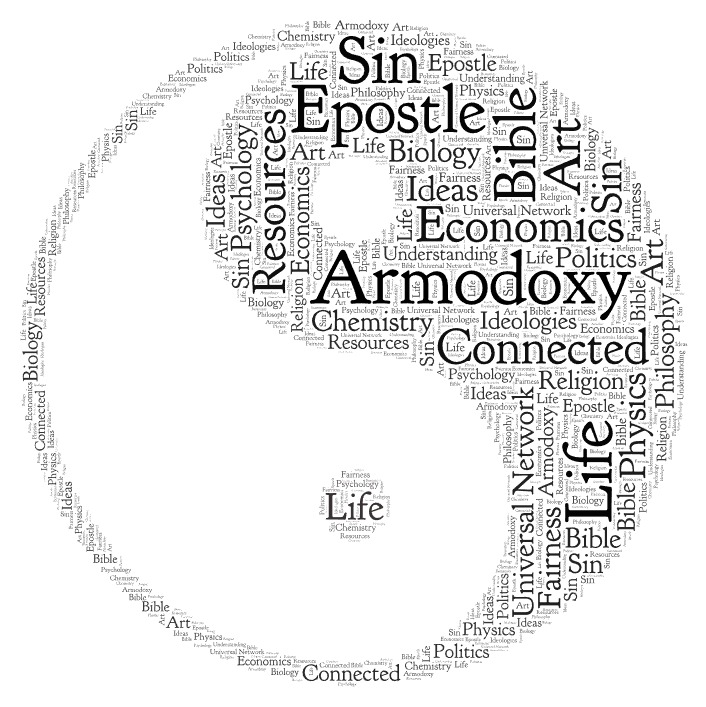Family Affair
Armodoxy for Today: Family Ties
The reading for this Sunday came from the eight chapter of the Gospel of Luke. While Jesus is actively engaged in His ministry, by teaching and sharing profound parables, his mother and brothers come to him, but, Scripture records that they “could not approach Him because of the crowd.” (19) He’s told that his mother and brothers are standing outside and want to see him.
Jesus, changes the conversation, taking the emphasis off of the actual characters of his family, including the Blessed Mother by saying, “My mother and my brothers are these who hear the word of God and do it.” (21)
With this statement Jesus has opened the doors to God, the Kingdom and to all of Eternity to everyone. Hearing the word of God and doing it, is a formula that is simple and doable. It implies that the word of God is action. It has to be done. “A new commandment I give to you,” says Jesus, “that you love one another; as I have loved you, that you also love one another. By this all will know that you are My disciples, if you have love for one another.” (John 13:34-35)
Being a member of Jesus’ family, that is, being a Christian, comes down to doing, loving, sharing, caring, reaching, hugging, consoling, praying, comforting, listening, sacrificing, extending yourself to others.
Accordingly, todays prayer asks for the essentials to be a member of Christ’s family. Lord, open my soul to the courage and strength to be a member of your family. Amen.



